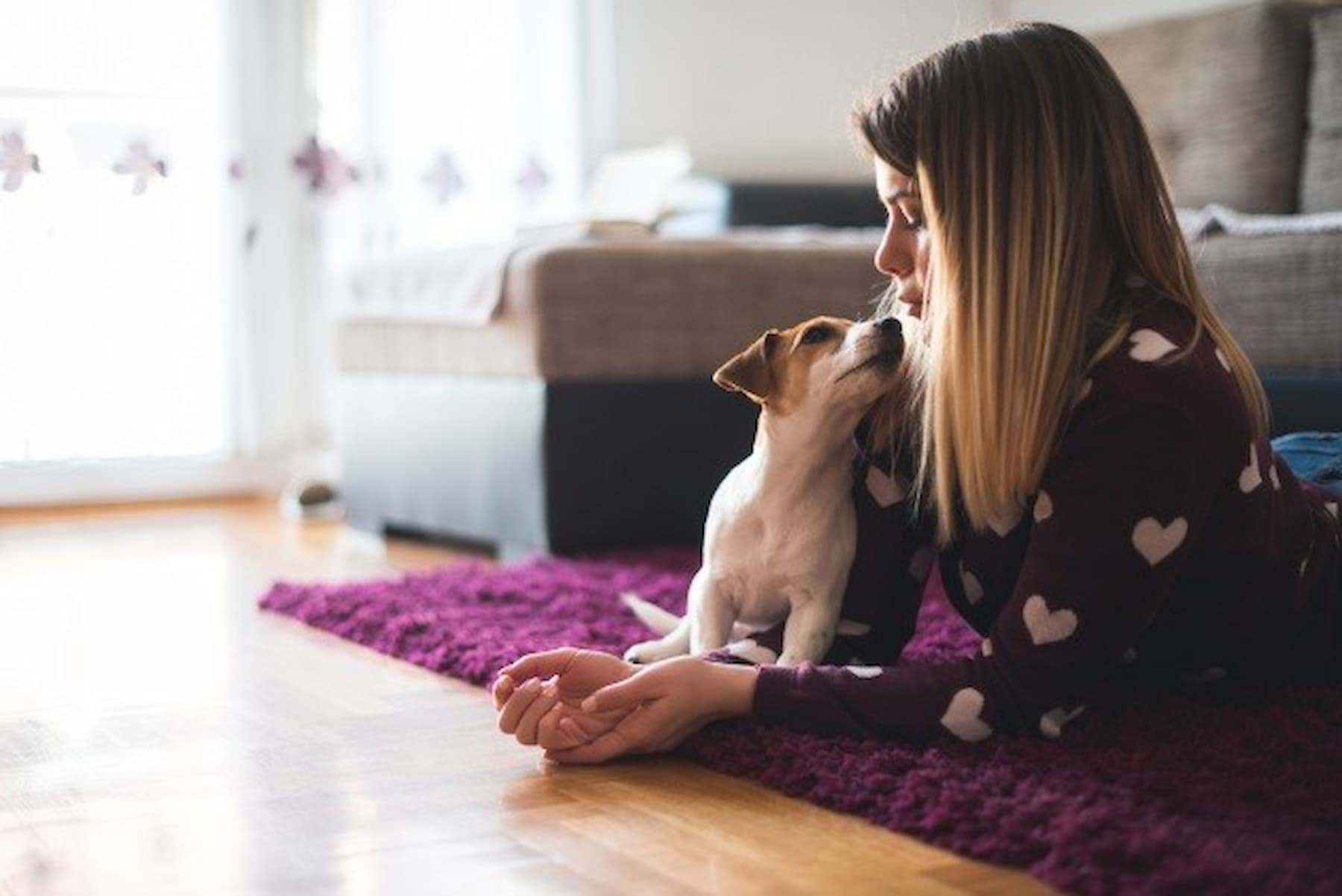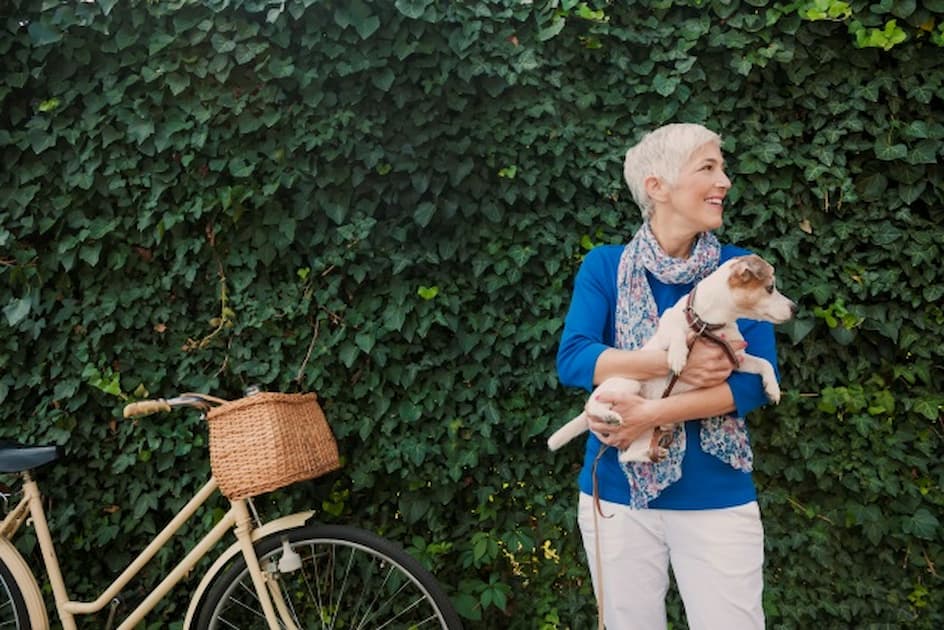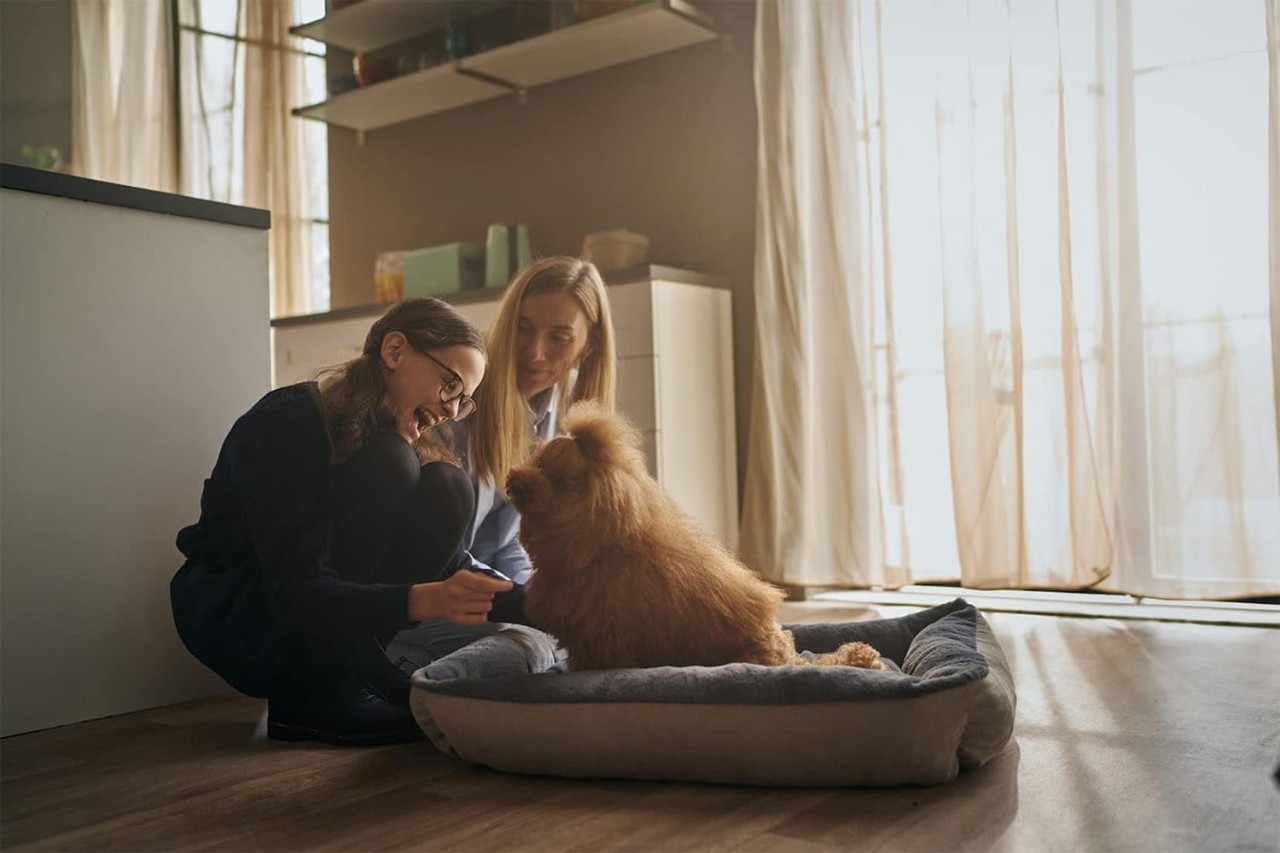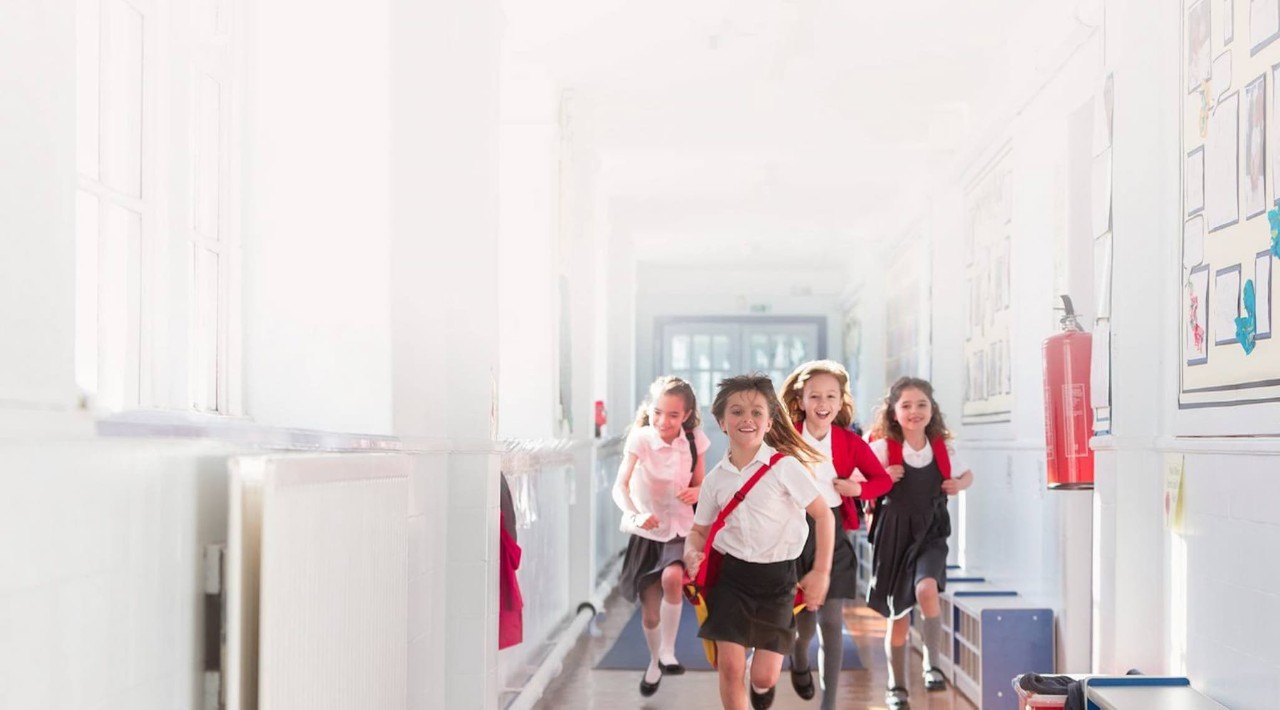by Angela Hickey | 3 min read May 14th, 2019
Introducing a new dog into your home is best when you are free to focus on your new companion and their needs. It’s a big change in their life and they may become easily stressed and overwhelmed. Create a quiet, relaxed mood and consistent routines for your new dog, and when possible get advice about the behaviour and temperament of an older dog from the previous owner or shelter.

Other Family Members

Your new dog will need some training to get used to its new family and learn basic obedience and acceptable behaviour. Get everyone on board, and remember being consistent is very important. Use reward-based training to reinforce the behaviour you want. Gradually teach your puppy to be relaxed with a variety of adults so that they are well socialised and at ease when visitors come and when they get out into the world.
Small Children
Make sure to supervise small children with your dog; don’t leave them alone together. Even small puppies have sharp teeth and claws and need feedback to know what level of play is ok, especially when they are teething. Praise and reward both the child and the pet for good behaviour with each other. Try to keep things calm and avoid prolonged play or excitement. It’s vital that your puppy learns to be with your children and their friends in a safe way. Training the dog on ‘play’ biting, ‘jumping up’ etc. as well as obedience training so that they will ‘come’, ‘sit’, ‘leave’ and ‘stay’ on command will help. Look for local dog training classes in your area to build up your training skills and help your dog to socialise well.
Introducing Your Dog to Another Dog
This is something that needs to be thought through well before you get a new dog as your home is your resident dog’s den and most dogs will not welcome a newcomer in. Taking these steps, among others, can help:
- Planning
- Very gradual introductions
- Separate sleeping and feeding areas initially
- No unsupervised time left together
It takes time, commitment and some knowledge of dog behaviour to monitor the interactions in the early days and ensure that there is no build up of tension and aggression. A dog trainer, vet, or behaviourist can be approached for specific guidance on your own dog’s temperament.
Introducing Your New Dog to a Resident Cat
Keep your new dog initially confined to one room away from your cat.
Use a cloth to wipe the side of your dog’s mouth and flanks to absorb their scent and attach this to your wrist as you feed and pet your cat(s). They will start to connect that scent in their minds with a pleasant experience. Doing this repeatedly over a few days, as well as introducing a cat appeasing pheromone diffuser in the room where the cat(s) spend the most time can help. They will get used to hearing sounds of your new dog barking and whining and feel less threatened as a result. The dog will also pick up the scent of the cats from your hands and become acclimatised to it.
When introducing face to face, keep the dog confined and the cats free to run and climb to safety. With the dog in its crate with the door locked or behind a stairs gate, the cat is free to approach as much as it wants to with no danger. Then, gradually introduce the dog on a lead into other rooms. Stay in full control of the dog and keep rewarding good behaviour. Gradually extend the time they spend in each other’s company but always make sure the cat can escape out of the room or up high to safety if they feel the need to do so.
It’s a good idea to take out insurance as soon as you get your pet if you wish to ensure full cover. If an illness or injury happens prior to this, it could potentially lead to lifelong exclusions on your policy. Talk to your vet or homing centre to see if they offer 6 weeks of free Allianz insurance for your new pet.* To learn more about Allianz pet insurance, click here.
*This offer is provided on a vet by vet / homing centre by coming centre basis and is not available everywhere. The dog must be between 8 weeks to 5 years of age to qualify for this offer.
Allianz p.l.c. is regulated by the Central Bank of Ireland. Standard acceptance criteria and policy conditions apply.
This guidance is for general information purposes only. Information correct as of date of publishing. This blog will not be updated or edited so the information may become outdated






